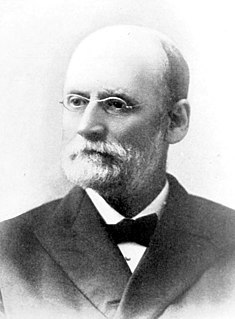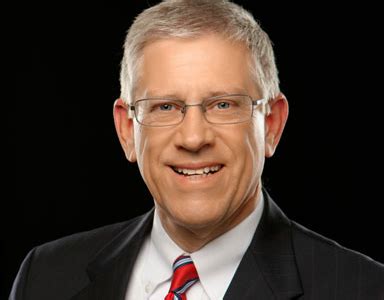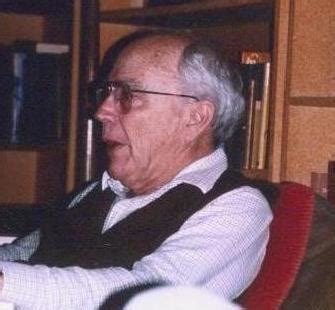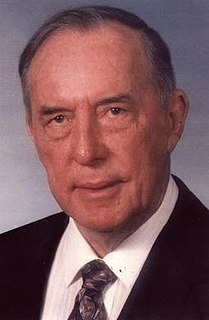A Quote by Plato
One trait in the philosopher's character we can assume is his love of the knowledge that reveals eternal reality, the realm unaffected by change and decay.
Related Quotes
One trait in the philosopher's character we can assume is his love of the knowledge that reveals eternal reality, the realm unaffected by change and decay. He is in love with the whole of that reality, and will not willingly be deprived even of the most insignificant fragment of it - just like the lovers and men of ambition we described earlier on.
A philosopher is a lover of wisdom, not of knowledge, which for all its great uses ultimately suffers from the crippling effect of ephemerality. All knowledge is transient, linked to the world around it and subject to change as the world changes, whereas wisdom, true wisdom is eternal, immutable. To be philosophical one must love wisdom for its own sake, accept its permanent validity and yet its perpetual irrelevance. It is the fate of the wise to understand the process of history and yet never to shape it.
Reality (i.e., the truth) is that there is a God in heaven. Reality is that He made us and we are accountable to Him. Reality is that this God has spoken and what He says matters--eternally. Reality is that without His salvation, we are doomed to eternal torment. Reality is that God's Son, Jesus Christ, has died for the sins of the world, that He has risen again, and that whoever believes on Him is given eternal life.
It is easy to see, though it scarcely needs to be pointed out, since it is involved in the fact that Reason is set aside, that faith is not a form of knowledge; for all knowledge is either a knowledge of the eternal, excluding the temporal and historical as indifferent, or it is pure historical knowledge. No knowledge can have for its object the absurdity that the eternal is the historical.
The man who works recognizes his own product in the world that has actually been transformed by his work. He recognizes himself in it, he sees his own human reality in it he discovers and reveals to others the objective reality of his humanity of the originally abstract and purely subjective idea he has of himself
I have always taken as the standard of the mode of teaching and writing, not the abstract, particular, professional philosopher, but universal man, that I have regarded man as the criterion of truth, and not this or that founder of a system, and have from the first placed the highest excellence of the philosopher in this, that he abstains, both as a man and as an author, from the ostentation of philosophy, i. e., that he is a philosopher only in reality, not formally, that he is a quiet philosopher, not a loud and still less a brawling one.
To a Mistress Dying Lover. YOUR beauty, ripe and calm and fresh As eastern summers are, Must now, forsaking time and flesh, Add light to some small star. Philosopher. Whilst she yet lives, were stars decay'd, Their light by hers relief might find; But Death will lead her to a shade Where Love is cold and Beauty blind. Lover. Lovers, whose priests all poets are, Think every mistress, when she dies, Is changed at least into a star: And who dares doubt the poet wise? Philosopher. But ask not bodies doom'd to die To what abode they go; Since Knowledge is but Sorrow's spy, It is not safe to know.







































